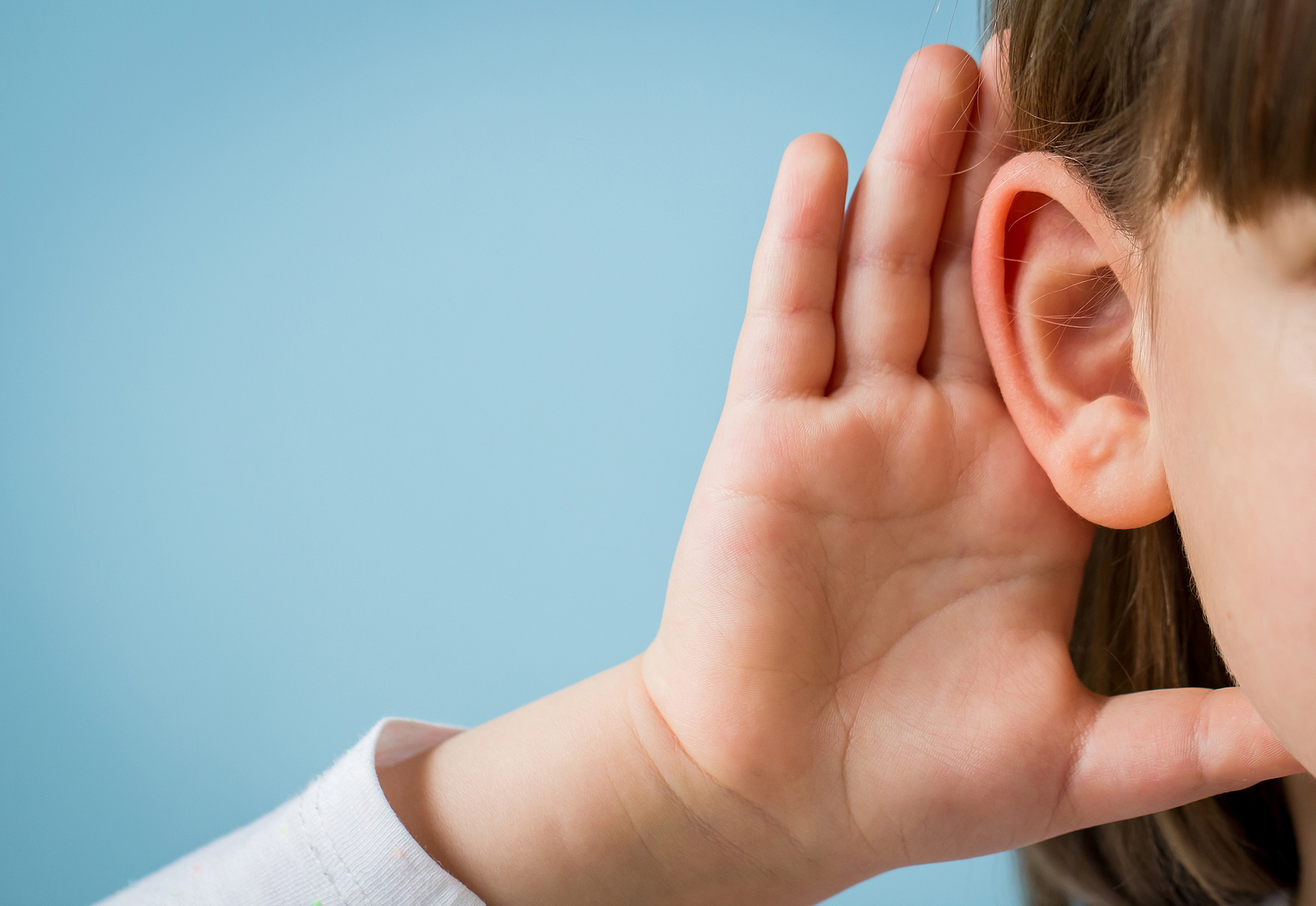Most people associate hearing loss with ageing, but lots of children also suffer from not being able to hear as well as they should, which can often go under the radar.
As many as one in five youngsters have childhood hearing loss, which can affect their speech, language, social and educational development.
That is why it is essential to look out for signs of poor hearing, so parents can book their children a hearing test and get the help they need right away.
Not responding to their name
One of the most common signs mums, dads and teachers should pay attention to is whether the child responds to their name when called.
Sometimes children can seem as though they are in their own little world, and need their name repeated multiple times, each call getting louder, before they reply.
Though many kids can become distracted in an activity, if this is a recurring problem, it could be a sign that they cannot hear if they are not fully paying attention to the person speaking.
Watching lips
Children’s hearing loss often gets overlooked, as they can remain compliant and seem to follow instructions. However, guardians might notice the youngsters always watch their lips when they are talking.
This could indicate they are not fully hearing what is being said, but instead are interpreting it from lip reading.
It is worth trying to work out whether they are still able to follow instructions when they are not looking directly at the person speaking.
During the pandemic when everyone had to wear face masks, this problem would have seemed more pronounced as they were not able to see people’s lips moving.
Though they are no longer required by law, many people continue to wear face coverings to protect themselves against Covid-19. If the children appear to struggle more with interactions when masks are being worn, this could indicate they are unable to hear properly.
Delayed speech or communication
Delayed speech and language could be a sign of many things, including developmental delays, autism spectrum disorder, or intellectual disability.
However, it could also suggest a hearing loss problem. This might only be detected when a speech and language therapist rules out other possible conditions, as they may not speak as well as their peers because they have not been able to hear the right pronunciations of words.
At the same time, they might not be able to communicate well or interact in two-way conversations, as they struggle to hear what the other person is saying.
This could also result in them not contributing much in class, mispronouncing words, speaking too quietly, or having problems with friends, as they are not able to engage in full conversations and, therefore, do not know how to respond appropriately.



